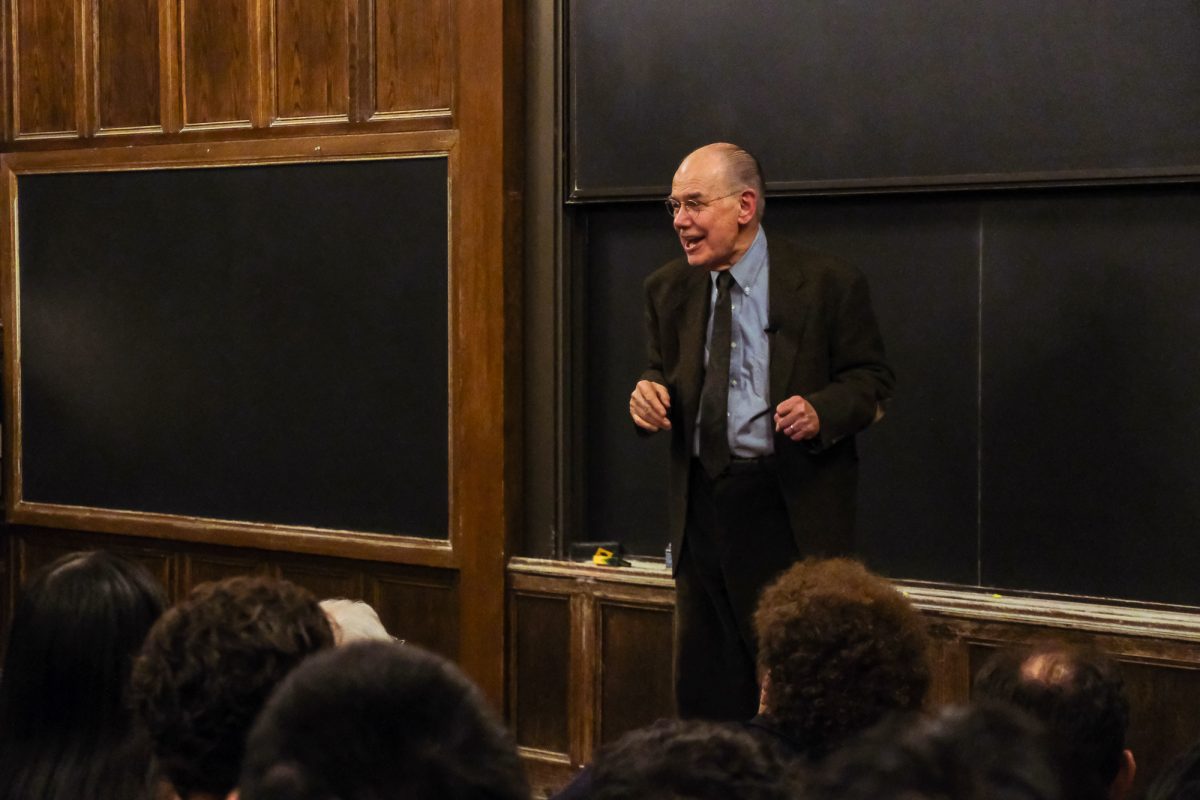A sudden layoff in the humanities department has drawn criticism and brought a formal union grievance against the University, according to faculty and sources in the human resources department (HRS).
Project Assistant Cheral Cotton worked in the humanities department for ten years, when on February 7 she was called into her supervisor’s office and was told that the department was restructuring her position. She was given one day to clear out her office.
“I was shocked. I was in disbelief. I thought I was going to faint,” said Cotton, who had no prior knowledge of her dismissal.
Her union, the Teamsters Local 743, filed a grievance on February 14. The complaint stated that the University did not offer an opportunity for Cotton to receive training for the new job and that non-unionized administrators were taking over her former duties, according to Cotton’s union steward Mila Kuntu, a Local 743 union representative working out of the labor relations section of the human resources department.
The layoffs mid-quarter timing has left faculty members in a lurch. Cotton’s duties include ordering books and setting up film screenings.
“There’s been a lot of disorganization as a result of her being let go in the middle of the quarter,” said Anita Chari, a professor in the Core and a Fellow of the Harper-Schmidt Society, where Cotton also worked.
Kathleen Kish, Cotton’s former supervisor, has assumed responsibility for certain aspects of the job until the department can find a replacement. Still, faculty members have noticed Cotton’s absence.
“Currently, some of the void is not being met,” Chari said. “Some things aren’t being taken care of.”
A meeting between Cotton, Kish, Kuntu, and Katherine Karvunis, another of Cotton’s supervisors, is in the works, Kuntu said. Both Kish and Karvunis declined to comment on personnel matters.
Cotton’s job as project assistant entailed a wide range of services, with specific tasks coming from different professors on an individual basis. Her former position will be restructured to carry a higher pay grade, and will have a stronger focus on technological skills and become more restricted in scope.
According to Chari, a directive has gone out recommending that professors take their needs to Kish, who is not unionized, until the department resolves the matter—a situation that the Local 743 is interpreting as a contractual violation.
“Administrators cannot do a union-position duty,” Kuntu said. “Who can take care of the professors like Cheral was doing?”
The abruptness of the layoff has been another source of dismay.
Cotton was given until 2:30 p.m. on her last day to completely clear out her workspace. Cotton’s email account was terminated at noon that day. According to Professor Dina Gusejnova, this action prevented faculty members from communicating with her.
“There was no notice, no warning, no corrective action, nothing,” Cotton said. “I feel like I was treated as a criminal. I have been at the University of Chicago for 14 years.”
“We are quite shocked by this,” said Gusejnova. She said that the only notification professors received on the day of the layoff was a short note on changes in mail distribution.
Although no specific actions have been finalized, professors in the Harper-Schmidt Society are planning to convey their dissatisfaction to the administration, according to Chari.
What follows now for Cotton is uncertain. Cotton’s time at the University ensures that she will have preferential bidding for other campus jobs. However, Cotton noted that preferential bidding is not a job guarantee.
The department will paid her through last Monday and will continue to provide health insurance benefits for another three months.







